A new publication from Wissenschaft im Dialog describes the changes, opportunities and risks of science communication through social media.
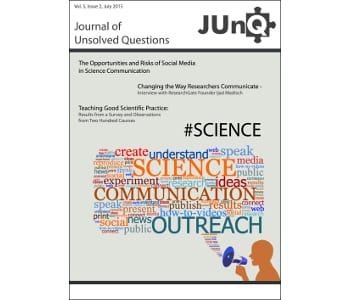

A new publication from Wissenschaft im Dialog describes the changes, opportunities and risks of science communication through social media.

The brain activities of two people who learn fear from each other are known to be in sync, but what role does social status play?
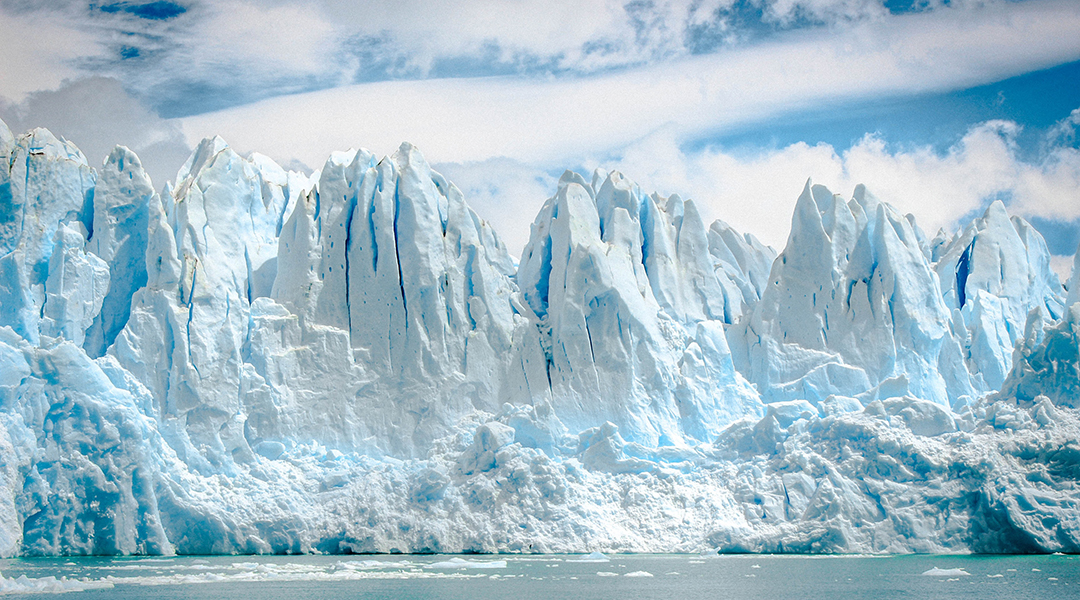
We will not solve the climate crisis and inspire action without generating a shared emotional response to our changing world.
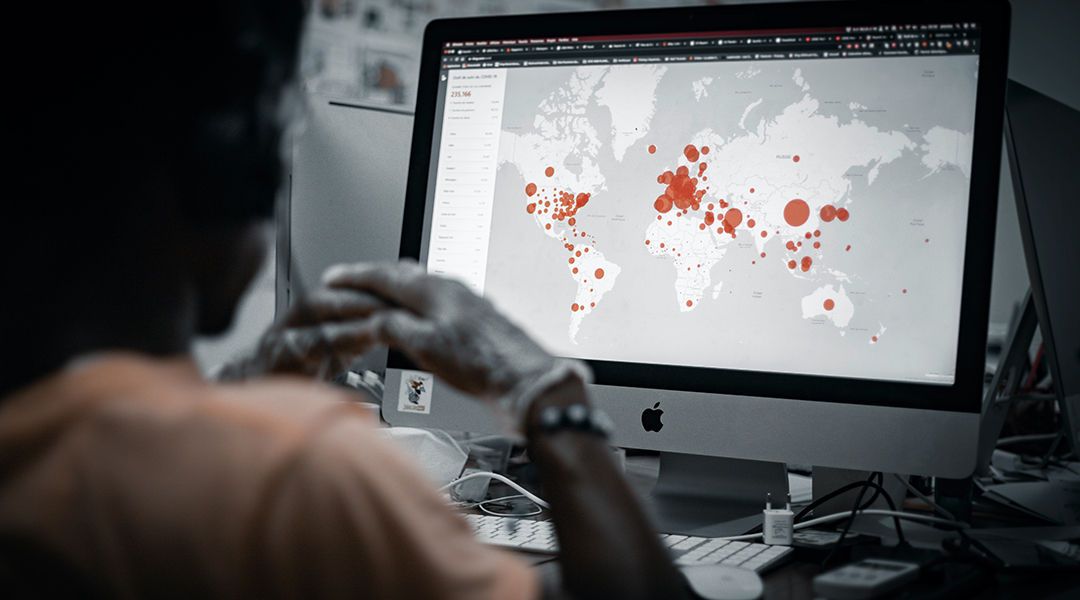
COVID-19, like climate change, is a complex social problem that will require social scientific knowledge to understand its full and lasting impact impact.

Short rotation woody crops are ideal for incorporating biomass production with phytotechnologies, such as phytoremediation.
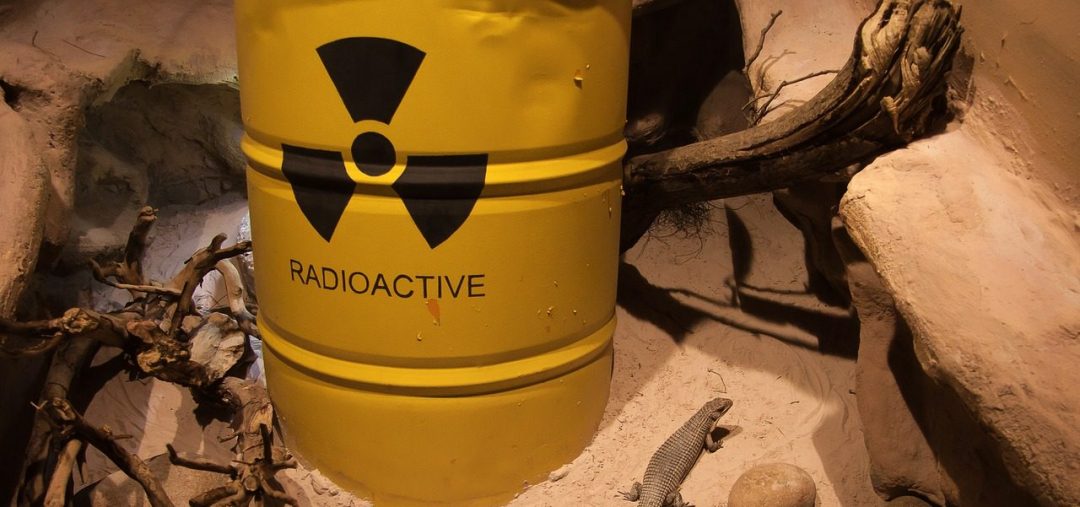
The waste forms produced during the process of generating nuclear energy constitute a nearly intractable management problem because of technical and social factors.
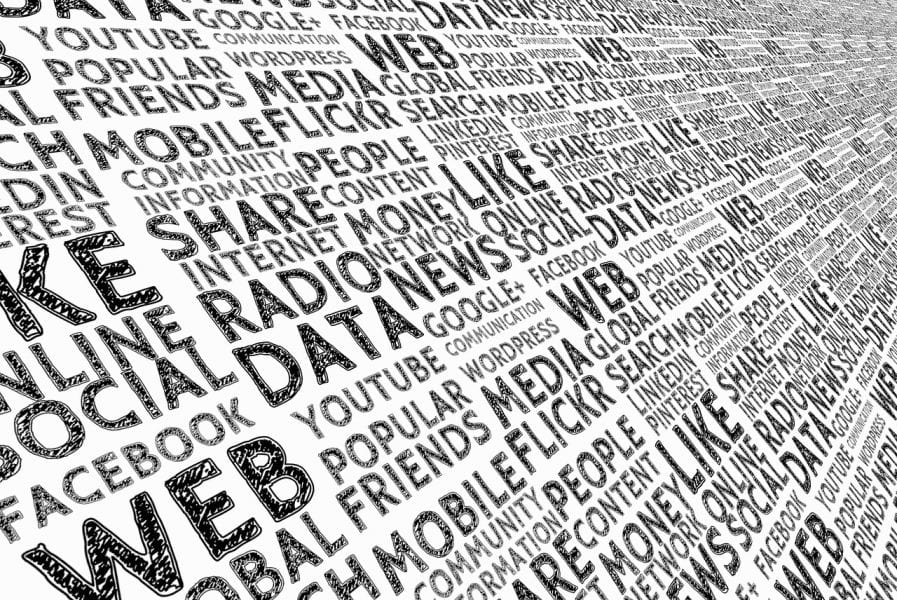
A review of the methods for modeling and analyzing online user behaviors found in social networks.

The spread of misinformation on social media is often blamed on users, but new findings challenge the misconception that political prejudice and a lack of critical thinking are solely responsible.
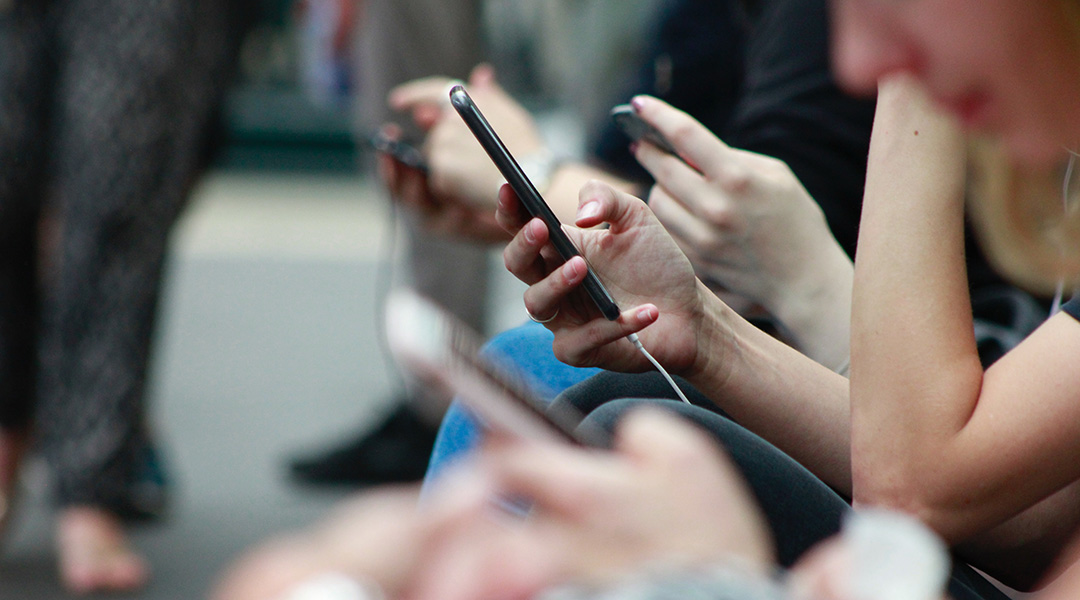
New study provides evidence that social media companies have the tools to reduce the impact of vaccine misinformation on their platforms.

The up-and-coming analytical chemist talks social media, engaging the next generation of women in STEM, and her journey through a Ph.D.